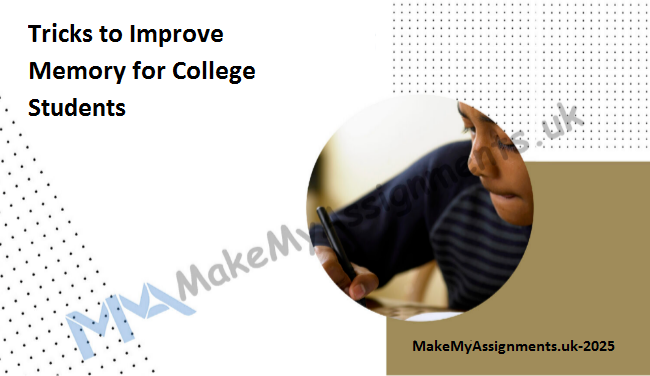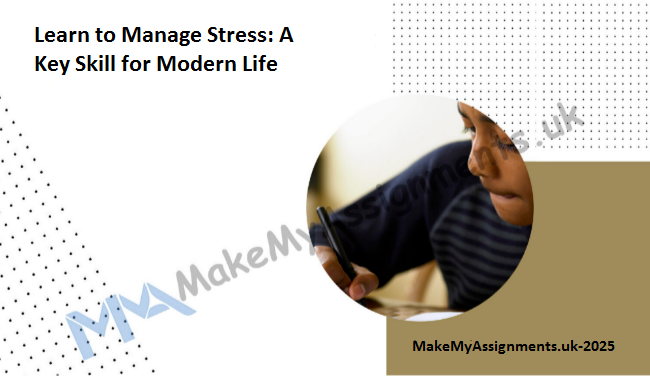For today’s college students, YouTube isn't just a place to watch videos—it's also a platform…

Tricks to Improve Memory for College Students
College life is a whirlwind of lectures, assignments, and exams. With so much information to absorb, it’s no wonder many students struggle to keep up. But fear not! Improving your memory isn’t just about cramming—it’s about working smarter, not harder. Here are some practical tricks to help you retain information better and ace those exams without burning out.
1. Get Enough Sleep
This might sound like a no-brainer, but sleep is your brain’s best friend. When you’re sleep-deprived, your brain struggles to focus and store information. Aim for 7-9 hours of quality sleep each night. Studies show that sleep helps consolidate memories, so pulling an all-nighter might actually do more harm than good. If you’re tired, your brain won’t function at its best, and you’ll find it harder to recall what you’ve learned.
2. Use Active Recall
Instead of passively rereading your notes, test yourself. Active recall forces your brain to retrieve information, which strengthens memory. Flashcards are a great tool for this. For example, if you’re studying history, write a question on one side of the card and the answer on the other. Quiz yourself regularly to reinforce what you’ve learned.
3. Break It Down with Chunking
Trying to memorize a long list of facts or concepts can be overwhelming. Break the information into smaller, manageable chunks. For instance, if you’re learning a new language, group vocabulary words by category (like food, travel, or emotions). This technique helps your brain process and store information more efficiently.
4. Teach What You Learn
One of the best ways to solidify your understanding of a topic is to teach it to someone else. When you explain concepts out loud, you’re forced to organize your thoughts and fill in any gaps in your knowledge. Even if you don’t have a study buddy, pretend you’re teaching an imaginary class. It works wonders!
5. Stay Physically Active
Exercise isn’t just good for your body—it’s great for your brain too. Physical activity increases blood flow to the brain, which can improve memory and cognitive function. Even a 20-minute walk between study sessions can boost your focus and retention. Plus, it’s a great way to clear your mind and reduce stress.
6. Use Mnemonics and Visualization
Mnemonics are memory aids that help you remember information through association. For example, to remember the order of planets, you might use the phrase “My Very Educated Mother Just Served Us Noodles” (Mercury, Venus, Earth, Mars, Jupiter, Saturn, Uranus, Neptune). Visualization is another powerful tool. Try creating mental images or stories to connect ideas. The more vivid and unusual the image, the better it sticks.
7. Stay Organized
A cluttered study space can lead to a cluttered mind. Keep your notes, textbooks, and study materials organized. Use planners or apps to track deadlines and set reminders. When your environment is orderly, your brain can focus better on the task at hand. This is important during college life.
8. Eat Brain-Boosting Foods
Your diet plays a big role in brain health. Foods rich in antioxidants, healthy fats, and vitamins—like blueberries, nuts, and leafy greens—can enhance memory and concentration. Don’t skip meals, especially breakfast, as your brain needs fuel to function optimally.
Improving your memory isn’t about magic tricks—it’s about adopting habits that support your brain’s natural abilities. By incorporating these strategies into your routine, you’ll find it easier to retain information and perform better in college. Remember, consistency is key. Start small, stay patient, and watch your memory improve over time. Good luck!




This Post Has 0 Comments